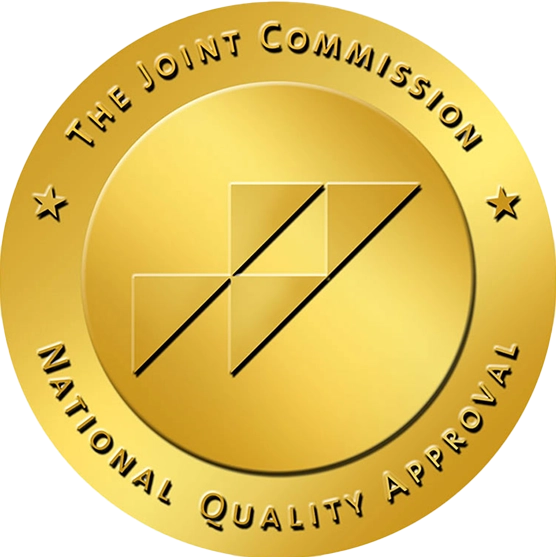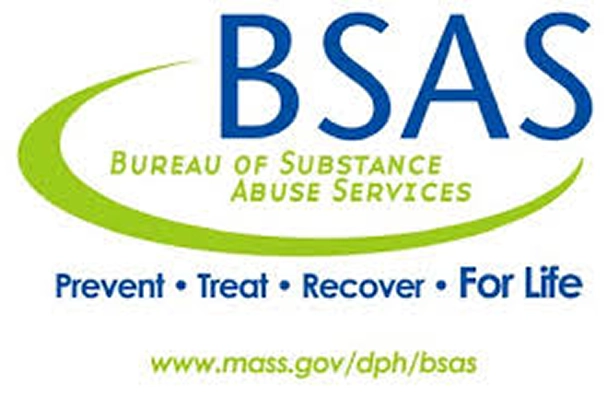Depression Treatment in Massachusetts
At Rebuilding Mental Health in Easton, Massachusetts, you’ll receive comprehensive and compassionate depression treatment. Our qualified staff listens, provides evidence-based guidance, and works with you to develop a personalized plan that helps manage depressive disorders.
What Is Depression Treatment?
Individual therapy sessions to understand patterns of negative thinking and low motivation
Psychiatric evaluation for accurate diagnosis and to inform stabilization medication
Behavioral activation techniques that guide you back into activities and routines
Skills training for managing symptoms like sleep problems, low energy, and difficulty concentrating

What Is Depression Therapy and How Does It Work?
Depression therapy is a structured conversation with a trained mental health professional that focuses on your thoughts, feelings, and daily habits. It helps you identify and change the thought patterns and behaviors that keep depression going. Your therapist guides you through recognizing negative thoughts, testing their accuracy, and replacing them with balanced perspectives.
How Do I Know If I Need Depression Counseling?

Why Choose Rebuilding Mental Health
You’ll complete a psychiatric evaluation before starting. We look at your symptoms, history, and goals, then build a plan around your needs and goals.
Depression can affect your relationships, work, sleep, and more. We use therapies like CBT, DBT, mindfulness, holistic treatment, and trauma support.
With day, half-day, and online options, you can get meaningful support without overnight stays. This allows you to show up for work, school, and family.
When you’re comfortable with it, we offer family therapy to build bonds and educate. We focus on life skills, planning, follow-through, and problem-solving.
Depression Treatment Programs
Day Treatment
Our Day Treatment is a full-day, structured program during the week. You’ll spend most of the day in individual and group therapy, practicing new skills, and getting support with medication when needed.
Half-Day Treatment
The Half-Day Treatment offers morning or afternoon sessions to manage depression symptoms safely. You still receive focused therapy and skills training, but with more space for work, school, or caregiving.
Virtual Treatment
During Virtual Treatment, you attend secure video sessions. You’ll meet with clinicians, join groups when appropriate, and work on the same core depression management skills as in person, all from home.

What Causes Depression?
For some people, depression is linked to genetics or brain chemistry. For others, it’s connected to long-term stress, trauma, health issues, or major life changes. Often, it’s a mix of these factors. Understanding the cause helps guide treatment.
What Are the Common Symptoms of Depression?
Depression often manifests in the way you think, move, and relate to others. Common symptoms include:
- Waking up tired, even after sleep
- Losing interest in hobbies and friends
- Thinking about death, self-harm, or suicide
- Eating much more or much less than usual
- Feeling sad, empty, or numb most of the time
- Feeling guilty, ashamed, or like you’re a burden
- Struggling to focus, remember, or make decisions
- Sleeping too much or having trouble falling or staying asleep

Types of Depression We Treat
Different forms of depression have varying attributes. Knowing which one you’re dealing with can help guide treatment.
Major Depressive Disorder (MDD)
Intense sadness, emptiness, and loss of interest make it difficult to function in daily life.
Persistent Depressive Disorder (PDD)
This type lasts for two years or longer. The symptoms might be milder, but they don’t fully go away.
Postpartum Depression
Depression that appears during pregnancy or after birth. It can affect mood, energy, and connections.
Seasonal Affective Disorder (SAD)
Depression that affects an individual during certain seasons, often fall or winter, when there’s less daylight.
Atypical Depression
Here, mood can briefly lift when something good happens, often along with increased sleep or appetite.
Psychotic Depression
Severe depression that includes hallucinations or delusional thoughts. This needs coordinated treatment.
Testimonials and Success Stories
I love this place the people that work there are the nicest people in the world!
After trying numerous outpatient programs I felt that could not “get it” or get sober.
Highly Recommend !! Rebuilding's Evening Outpatient Intensive Program provided me with the best way to begin my Sobriety.
Medication Management and Therapy for Depression
Depression Medication
Our medication management options look at your history, current symptoms, and any previous medications before making a recommendation. You’ll have follow-up visits to check in and adjust as needed.
Cognitive-Behavioral Therapy (CBT)
The CBT focuses on how your thoughts, feelings, and actions connect. You’ll practice noticing unhelpful thought patterns, getting curious about them, and trying out more balanced ways of thinking and responding.
Dialectical Behavior Therapy (DBT)
Our DBT is useful if your emotions feel big, fast, or challenging to control. It teaches practical skills for staying present, handling distress, and navigating relationships without shutting down or exploding.
Art Therapy
In our expressive arts therapy (like art or writing), you learn more ways to process how you feel. They can help you slow down, pay attention to what’s going on inside, and respond with more clarity.
How to Get Started
Getting started with Rebuilding Mental Health is a clear, supportive process.
Call for a free consultation.
We’ll talk through your goals and verify your insurance.
Complete an assessment.
You’ll attend an in-person or virtual meeting to discuss your needs.
Start tailored treatment.
With our guidance, you’ll go through CBT and other proven therapies.
Step down as you progress.
Our team can help you transition to lower levels of care as needed.
Insurance Providers
We accept many out-of-network insurance plans. Our admissions team will verify your benefits before starting care.

Unsure if your plan covers treatment? Call us at 781-806-3008 or verify your insurance today.
Ready to Rebuild?
If depression has been a part of your or your loved one’s life for a while, it can be hard to picture a positive change. With our licensed, compassionate team, you can explore underlying challenges and manage depression safely and sustainably. Reach out today to start a brighter chapter with personalized support.
FAQs
What if I have both depression and anxiety?
That’s very common. We look at all your symptoms, not just one label, and build one plan that addresses everything together.
Will I have to take medication?
Not everyone does. Some people benefit from medication, and others focus on therapy. We’ll talk through options so you can make an informed decision.
How long does depression treatment usually last?
It depends on your symptoms, history, and goals. Some people need several weeks of structured support; others continue in treatment or aftercare for longer. Your team will check in with you about what’s working and what needs to change.
Can depression occur with other mental health conditions?
Yes. Co-occurring conditions that often occur are anxiety, PTSD, OCD, ADHD, or substance use. When conditions overlap, treating them together usually leads to better results.
Mental Health Resources

You might notice your college student is more focused on odds than homework, glued to their phone during games, or suddenly short on cash. At first, sports betting can sound

Many veterans carry stress that lingers long after service ends. Memories, pressure, and loss can follow them home, shaping daily life in ways that feel hard to explain. A strong

Living with bipolar disorder means dealing with mood swings that can feel like they’re controlling your life. One week, you may struggle to get out of bed. The next one,



